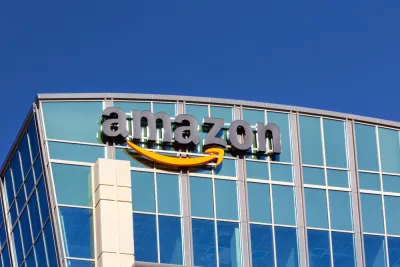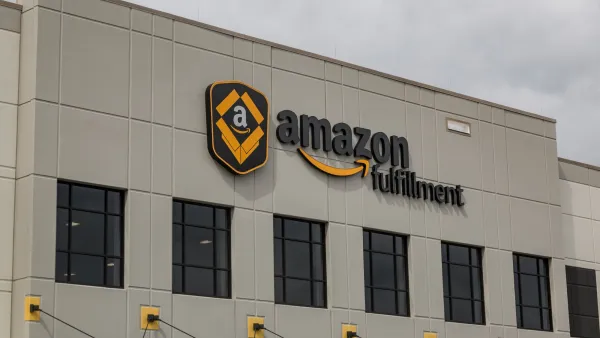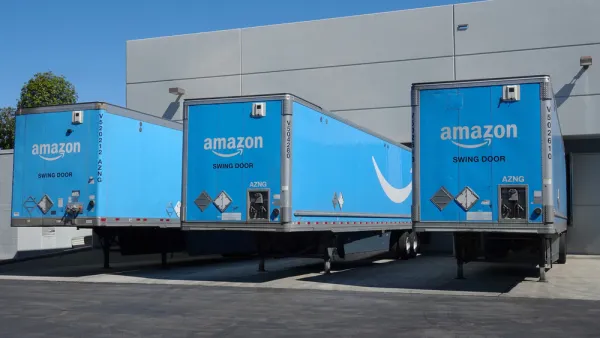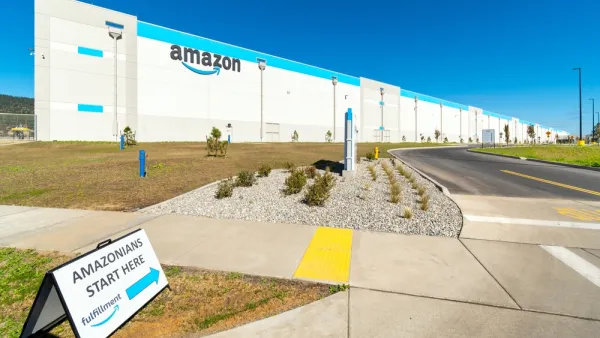On the heels of building its HQ2 facility in Arlington, Amazon continues to expand its hubs in cities spread out across the country.

Amazon's growth continues unabated, reports John Cook, as the company plans for further expansion in Austin, Chicago, and Phoenix, in addition to adding a projected 25,000 workers at its Arlington, Virginia HQ2 hub.
It’s yet another signal that the cloud computing and online retailing giant plans to diversify the geographies where its technology workers and corporate staff do business, something that will take on more importance as directors at the company begin to individually decide remote work policies.
The company plans to add 2,000 jobs in Austin, 550 in Tempe, and 450 in Chicago as part of its decision to create 3,500 jobs in six cities. "Having geographic diversity will help Amazon recruit more broadly, and provide more flexibility for current workers who may find it more convenient to live in other parts of the country." While Amazon's biggest employment growth has been in its fulfillment centers, it also plans to spread out its corporate staff to more cities.
Amazon's rapid growth has drawn concern from community activists who warn that warehouse facilities, often located in low-income communities, contribute to poor air quality, increased traffic congestion, and other public health impacts. At the same time, Amazon has indicated a shift to owning rather than leasing land, which could have powerful implications for the industrial real estate market.
FULL STORY: Amazon continues amazing growth spurt, expands presence at Austin, Chicago and Phoenix tech hubs

National Parks Layoffs Will Cause Communities to Lose Billions
Thousands of essential park workers were laid off this week, just before the busy spring break season.

Retro-silient?: America’s First “Eco-burb,” The Woodlands Turns 50
A master-planned community north of Houston offers lessons on green infrastructure and resilient design, but falls short of its founder’s lofty affordability and walkability goals.

Delivering for America Plan Will Downgrade Mail Service in at Least 49.5 Percent of Zip Codes
Republican and Democrat lawmakers criticize the plan for its disproportionate negative impact on rural communities.

Test News Post 1
This is a summary

Test News Headline 46
Test for the image on the front page.

Balancing Bombs and Butterflies: How the National Guard Protects a Rare Species
The National Guard at Fort Indiantown Gap uses GIS technology and land management strategies to balance military training with conservation efforts, ensuring the survival of the rare eastern regal fritillary butterfly.
Urban Design for Planners 1: Software Tools
This six-course series explores essential urban design concepts using open source software and equips planners with the tools they need to participate fully in the urban design process.
Planning for Universal Design
Learn the tools for implementing Universal Design in planning regulations.
EMC Planning Group, Inc.
Planetizen
Planetizen
Mpact (formerly Rail~Volution)
Great Falls Development Authority, Inc.
HUDs Office of Policy Development and Research
NYU Wagner Graduate School of Public Service





























